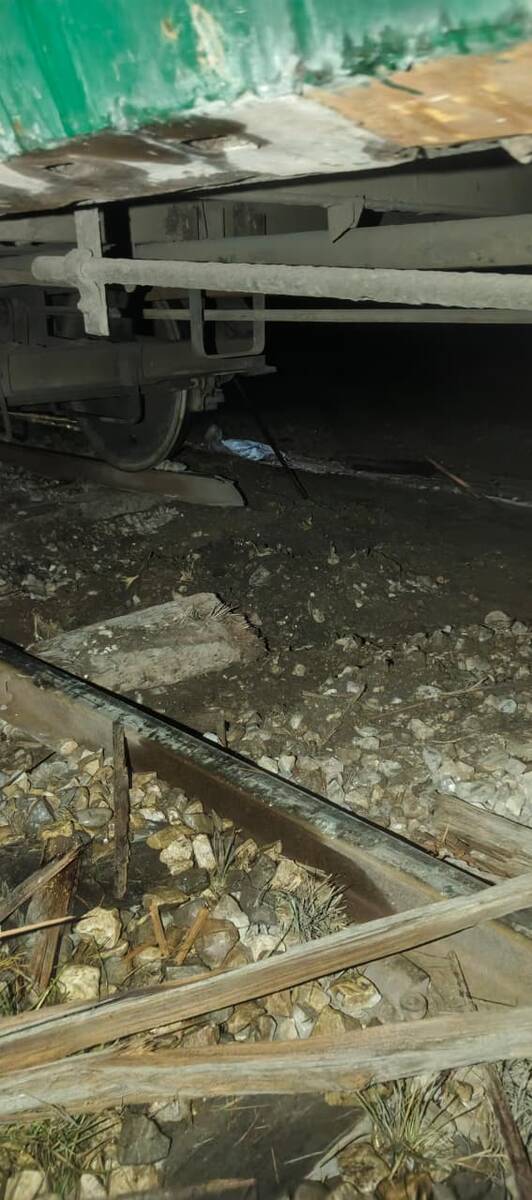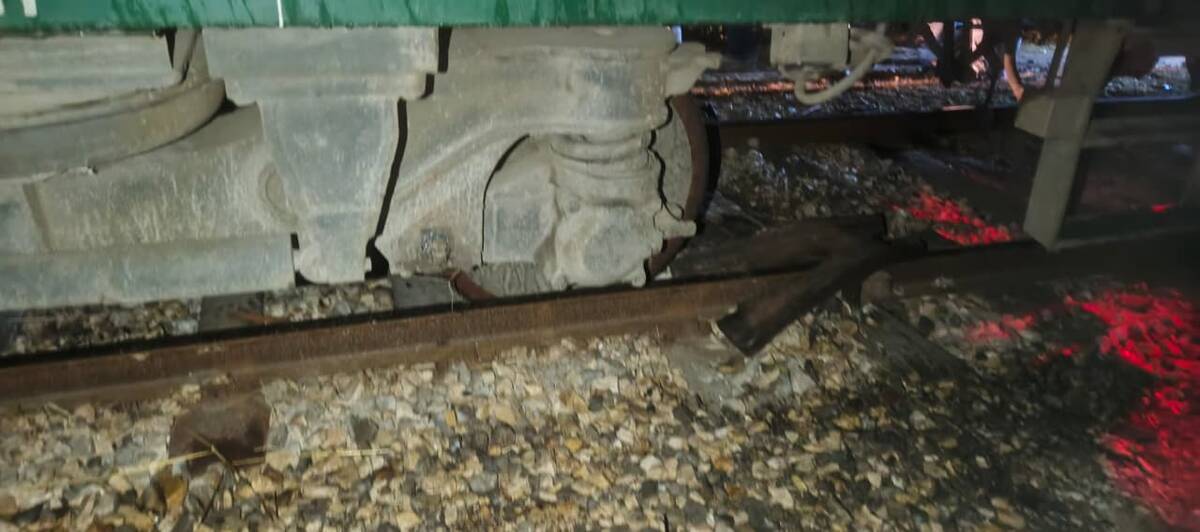KABUL: The UN refugee agency has warned that Afghans could die in harsh winter conditions if they don’t get adequate shelter once they cross the border from Pakistan.
Almost half a million Afghans have left Pakistan since early October, when the Islamabad government announced it would arrest and deport foreigners it said were in the country illegally. The overwhelming majority of them are from neighboring Afghanistan, though Islamabad insists the policy doesn’t target a specific nationality.
The forced returns are piling pressure on Afghanistan and aid agencies, which are providing the bulk of essential services like health care. Freezing temperatures are setting in and conditions at the border remain dire.
“Many Afghan returnees are vulnerable, including women and children, who could lose their lives in a harsh winter if left without adequate shelter,” the UN refugee agency said in a report published Friday. “People arriving at the border are exhausted and require urgent assistance as well as psychosocial support.”
Families told the agency they were worried that colder winter temperatures in certain areas, particularly mountainous regions, may prevent them from returning home right away.
“Many are arriving with illness, for example bronchitis, as a result of the cold weather and the difficult journey from Pakistan,” the agency said in a message to The Associated Press on Sunday. “They may not have all their belongings, including clothing, and therefore be unable to protect themselves from the elements.”
It said that among those returning to Afghanistan are families who have never lived in the country. They have been living in Pakistan for one or more generations and may not have homes or extended family to return to.
Cash to pay rent is needed, while families with some existing social networks could stay with family or friends. Others may return to homes needing repair. The agency said it will provide tents to such households.
“For those who have nowhere to go, with limited means, they may stay in camps, established near the border,” the refugee agency said.
A Taliban committee said it is distributing food, water, SIM cards, clothing and cash at two key border crossings: Torkham and Spin Boldak. Families are also learning about Afghanistan, the Islamic system, temporary living arrangements, registration and relocation, the committee said Sunday.
But extreme temperatures and limited access to clean water and sanitation have led to a surge in infectious diseases and malnutrition.
UN Women said there are additional challenges for Afghan women and girls leaving Pakistan as they have to deal with Taliban restrictions that could affect their mobility and access to information and services if they don’t have a male relative. It expressed similar concerns after October’s deadly earthquakes in Afghanistan’s west.
The agency said around 80 percent of Afghans returning through Torkham and Spin Boldak are women and children.
In its latest report, also published Friday, it said many women have lived through “distressing experiences” in Pakistan including being the victims of illegal detention, witnessing their spouse or family members be arrested, or being separated from relatives and returning to Afghanistan alone.
Women told UN agencies they were “compelled” to hand their possessions over in exchange for transportation, leave all their belongings behind or saw their income taken by Pakistani authorities.
The crackdown is hugely controversial and has drawn condemnation from rights groups, the Taliban, aid agencies and the UN














